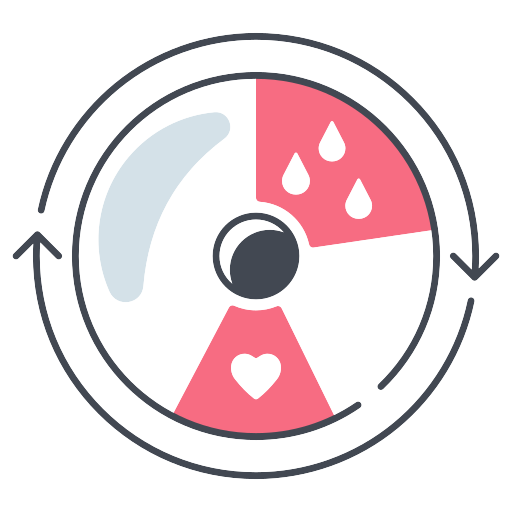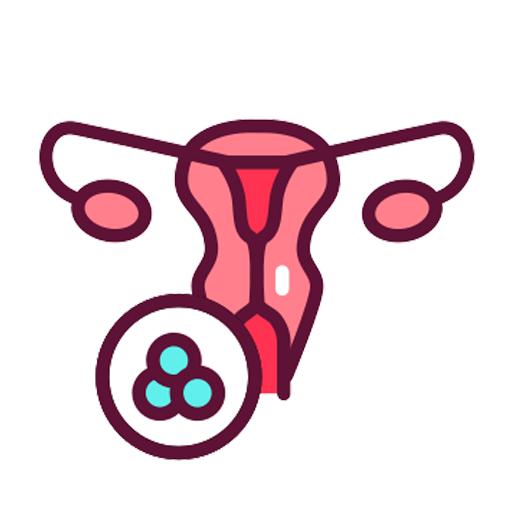Endometrial Ablation
Many women experience heavy bleeding during their period. But if bleeding makes it almost impossible for you to carry out your usual activities, then you may want to consider your treatment options to improve your menstrual flow, such as an endometrial ablation. The experienced team at NA OB/GYN, in New Albany and Holly Springs, Mississippi, specializes in the diagnosis and management of heavy menstrual bleeding and can determine if an endometrial ablation can help you. Call the office today or book online.
Endometrial Ablation Q & A
What is endometrial ablation?
Endometrial ablation is a gynecological procedure used to treat abnormal or heavy menstrual bleeding. During the procedure, a thin layer of your uterine tissue is destroyed to help reduce your bleeding and improve your quality of life.
Am I a good candidate for endometrial ablation?
Your specialist at NA OB/GYN determines if you’re a good candidate for endometrial ablation during a consultation. It’s generally recommended for women with heavy menstrual bleeding who don’t respond well to conservative treatments, such as hormonal medication aimed at regulating your ovulation.
You should contact the team at NA OB/GYN for an evaluation if your menstrual bleeding is affecting your quality of life. Common symptoms of heavy menstrual bleeding include:
- Bleeding through a tampon or pad in an hour several times in a row
- Passing quarter-sized blood clots
- Needing to change your tampon or pad at night
- Experiencing symptoms of anemia, such as fatigue or difficulty concentrating
- Bleeding longer than eight days
You should also schedule a consultation if your menstrual bleeding makes it difficult for you to go to work or school or attend your usual social activities.
Pregnancy isn’t recommended after an endometrial ablation, so it’s important that you not have any plans for future pregnancy when considering an endometrial ablation for treatment of your heavy bleeding.
What can I expect during an endometrial ablation?
Your specialist at NA OB/GYN performs your endometrial ablation at the office. The painless procedure only takes a few minutes to perform. During the procedure, your specialist inserts a heating tool into your uterus that destroys the tissue.
You may be advised to take it easy the rest of the day following your endometrial ablation.
What happens after an endometrial ablation?
You may experience some cramping and spotting after you endometrial ablation, as well as an increase in urination for the first few days. You should see a reduction in blood flow within a few months following your procedure.
Heavy menstrual bleeding can be disruptive to your everyday life. To learn more about your treatment options, including an endometrial ablation, contact NA OB/GYN by phone or online today.
















